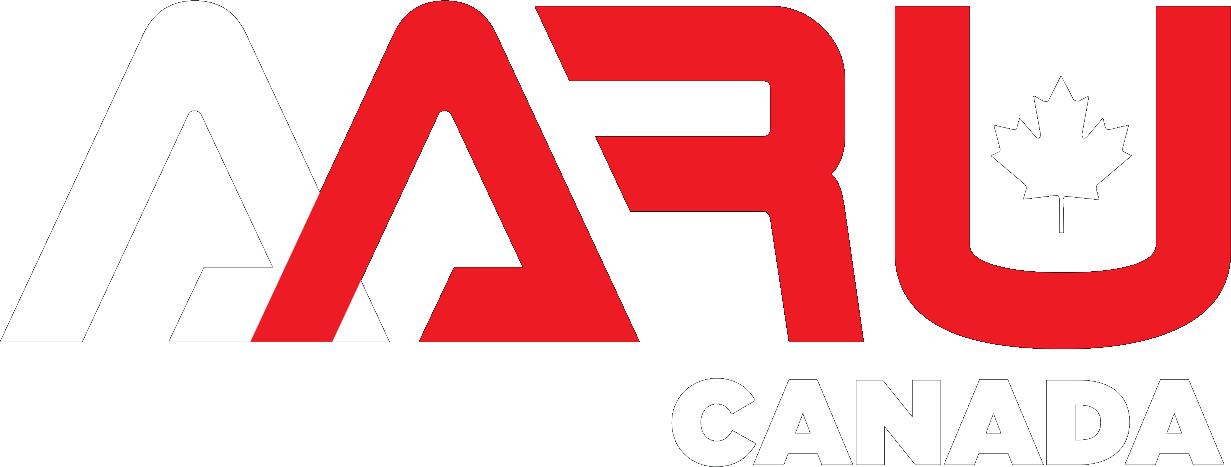What is Managed Hosting and Why Do You Need It?
In today’s digital landscape, businesses rely heavily on their websites to connect with customers, generate leads, and drive revenue. To ensure the smooth and secure operation of a website, many businesses opt for managed hosting services. In this comprehensive guide, we will explore the concept of managed hosting, its benefits, and why it is essential for businesses of all sizes. By the end of this article, you’ll have a clear understanding of managed hosting and why it’s a wise investment for your online presence.
Understanding Managed Hosting
Managed hosting refers to a service where a hosting provider takes care of the technical aspects of website management on behalf of the client. This includes server setup, maintenance, security, updates, backups, and more. Unlike traditional hosting, where the client is responsible for these tasks, managed hosting offloads the technical burden to the hosting provider, allowing businesses to focus on their core operations.
Comprehensive Technical Support
One of the key benefits of managed hosting is access to comprehensive technical support. Managed hosting providers have expert teams that are available 24/7 to address any technical issues or concerns. This includes troubleshooting server problems, resolving website performance issues, and providing guidance on optimizing website speed and security. Having dedicated technical support ensures that your website remains up and running smoothly, minimizing downtime and potential revenue loss.
Enhanced Website Performance
Managed hosting services often utilize advanced infrastructure and technologies to optimize website performance. This can include features like content delivery networks (CDNs), caching mechanisms, load balancing, and server-level optimizations. These optimizations ensure fast page load times, reduced latency, and improved user experience. With managed hosting, your website can handle high traffic volumes without compromising performance or stability.
Robust Security Measures
Website security is a top priority for businesses, especially with the rise in cyber threats and data breaches. Managed hosting providers employ robust security measures to protect websites and sensitive data. These measures may include regular security scans, firewalls, intrusion detection systems, malware removal, and proactive monitoring. By entrusting your hosting to professionals, you benefit from their expertise in safeguarding your website against potential security vulnerabilities.
Automatic Backups and Disaster Recovery
Data loss can have devastating consequences for businesses. Managed hosting services often include regular automatic backups of your website and its data. These backups are typically stored in secure offsite locations, ensuring that you can restore your website to a previous working state in the event of data loss or a disaster. With managed hosting, you can have peace of mind knowing that your website’s data is protected and easily recoverable.
Scalability and Flexibility
As your business grows, so does the demand for your website. Managed hosting offers scalability and flexibility to accommodate your evolving needs. Whether you experience a sudden surge in traffic or require additional server resources, managed hosting providers can scale up or down accordingly. This scalability ensures that your website can handle increased traffic without compromising performance or user experience.
Focus on Core Business Functions
By outsourcing the technical aspects of website management to a managed hosting provider, businesses can focus on their core operations. This allows you to allocate resources to activities that directly impact your business growth, such as marketing, product development, and customer support. With managed hosting, you can leverage the expertise of professionals while freeing up valuable time and resources.
Cost-Effective Solution
While managed hosting may involve a higher cost compared to traditional hosting options, it provides significant value in terms of time, expertise, and resources saved. Instead of hiring in-house IT staff or dedicating internal resources to server management, businesses can rely on managed hosting providers to handle these tasks efficiently. The cost-effectiveness of managed hosting becomes evident when considering the potential financial losses due to website downtime, security breaches, or data loss.
Regulatory Compliance
For businesses operating in industries with specific regulatory requirements, such as healthcare or finance, managed hosting can help ensure compliance. Managed hosting providers often have expertise in industry-specific compliance standards, such as HIPAA or PCI-DSS. By choosing a managed hosting solution that aligns with your industry’s regulations, you can meet the necessary requirements and protect sensitive data.
Constant Monitoring and Updates
Managed hosting providers continuously monitor server performance, security threats, and software updates. They proactively apply patches, security fixes, and updates to keep your website and server infrastructure secure and up to date. This eliminates the need for businesses to manually monitor and apply these updates, reducing the risk of vulnerabilities and ensuring optimal performance.
Geographic Redundancy and Disaster Recovery
Many managed hosting providers offer geographic redundancy and disaster recovery capabilities. By having data centers in multiple locations, they ensure that your website remains accessible even in the event of a localized outage or disaster. With redundant infrastructure and backup systems in place, managed hosting providers minimize the risk of prolonged downtime and ensure business continuity.
Expertise and Industry Knowledge
Managed hosting providers specialize in website hosting and infrastructure management. They have a team of experienced professionals who stay up to date with the latest technologies, best practices, and industry trends. By partnering with a managed hosting provider, you gain access to their expertise and knowledge, enabling you to leverage cutting-edge solutions and optimize your website’s performance.
Customization and Additional Services
Managed hosting providers often offer additional services that can further enhance your online presence. These may include content delivery networks (CDNs) to improve website speed globally, SSL certificates to secure data transmission, and website analytics to gain insights into visitor behavior. Additionally, they may provide managed WordPress hosting or specific platforms tailored to your business needs.
Reliability and Uptime Guarantee
Managed hosting providers are committed to providing high reliability and uptime for your website. They invest in robust infrastructure, redundant network connections, and backup power systems to minimize any potential disruptions. Many providers offer uptime guarantees, ensuring that your website remains accessible to visitors, customers, and clients around the clock.
In conclusion, managed hosting is a comprehensive solution that alleviates the technical burden of website management, allowing businesses to focus on their core operations. With benefits such as comprehensive technical support, enhanced performance, robust security, scalability, and flexibility, managed hosting offers peace of mind and a reliable foundation for your online presence. By partnering with a reputable managed hosting provider, you can ensure a seamless and secure hosting experience while driving business growth.





